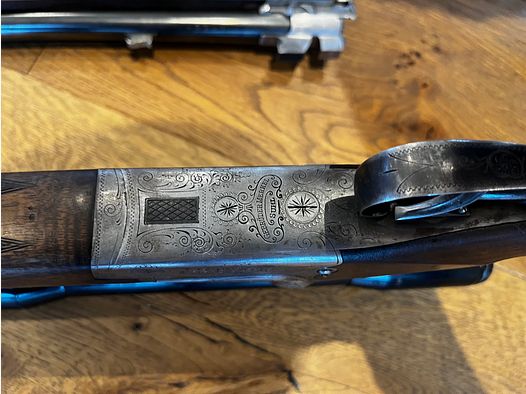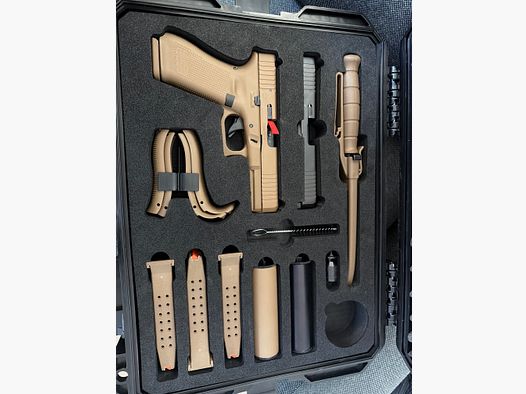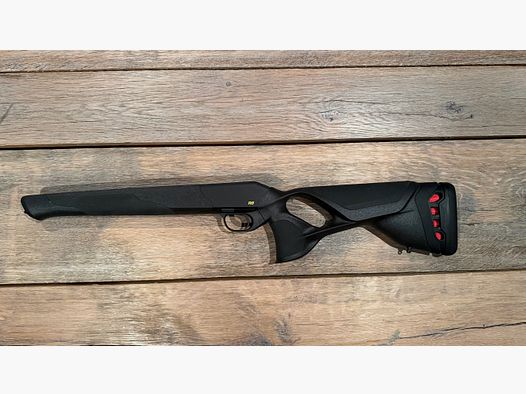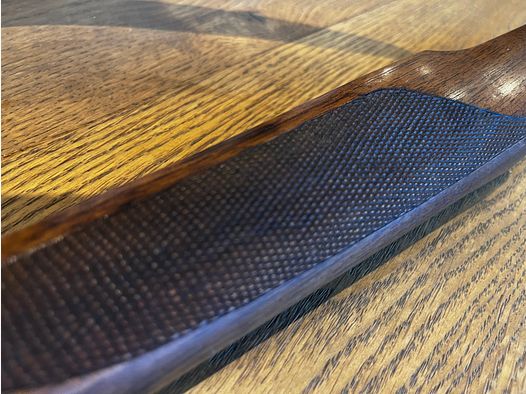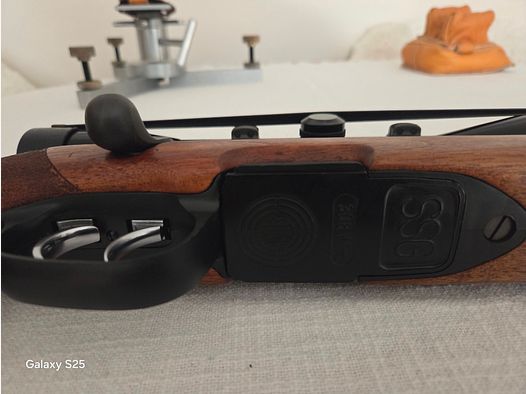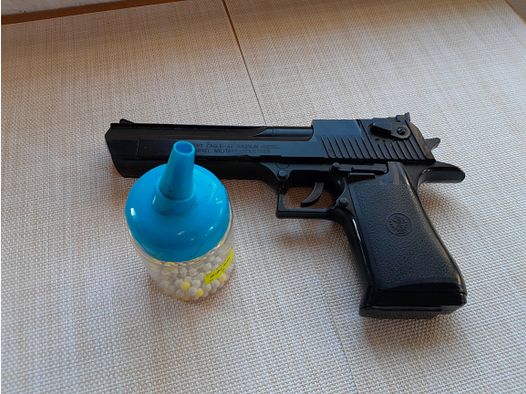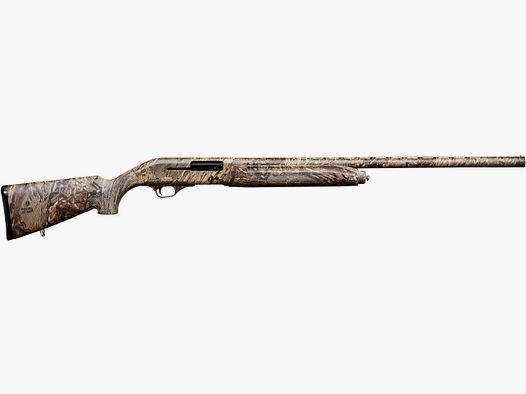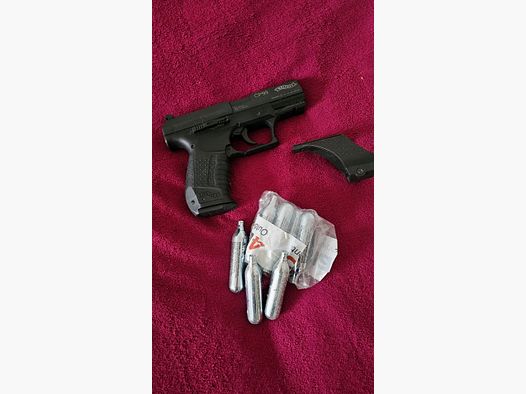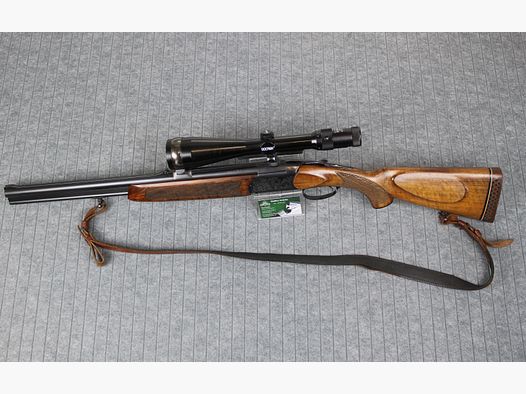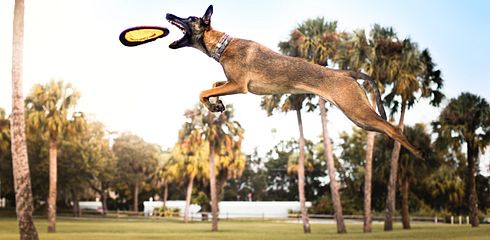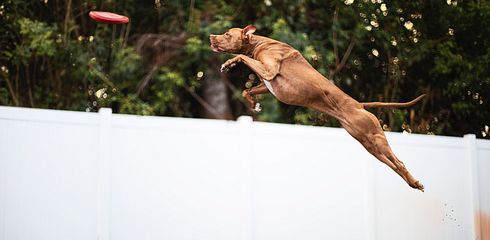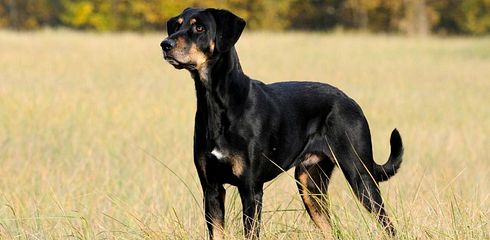What is a Hanoverian Bloodhound?
The Hanoverian Bloodhound is a dog breed that originally comes from Germany. These dogs were bred to assist in hunting, particularly in tracking wounded game that has fled. They are very enduring dogs with a good sense of smell and are still often used in hunting today.
Profile of the Hanoverian Bloodhound:
| Height: | 48-55 cm |
| Weight: | 25-40 kg |
| Colors: | Light deer red or dark deer red |
| Coat structure: | short, dense, coarse to harsh |
| Life expectancy: | up to 15 years |
| Suitable as: | Rescue and hunting dog |
| Character: | Obedient, Calm, Confident, Sensitive, Loyal, Devoted |
| Need for exercise: | medium - high |
| Water affinity: | medium |
| Child-friendly: | rather yes |
| Social compatibility: | medium |
| Family dog: | rather yes |
| FCI group: | 6: Scent hounds, Bloodhounds and related breeds |
What is the temperament & character of the Hanoverian Bloodhound?
The Hanoverian Bloodhound has a friendly and balanced character. They are loyal, intelligent, and eager to work. Due to their original use as hunting dogs, they also have a strong hunting instinct and a pronounced need for physical activity. They are very affectionate and attached to their family but can also be reserved towards strangers. Good socialization and training are important to ensure they behave well in the company of other dogs and people.
What does a Hanoverian Bloodhound look like?
A Hanoverian Bloodhound is a large dog breed that can grow up to 65 cm tall and weigh 45 kg. They have a muscular build with a deep chest and a straight back line. Their coat is dense, shiny, and short to medium-length, with a characteristic black or brown color. The head is proportional to the body and has long drooping ears and dark eyes. Overall, Hanoverian Bloodhounds have an imposing and impressive appearance.
How to train a Hanoverian Bloodhound?
Training a Hanoverian Bloodhound requires patience, consistency, and a lot of positive feedback. It is important to start early and set clear boundaries and rules for the dog. Here are some tips:
- Start early: Begin training your puppy as soon as they arrive at your home. The dog should learn what is allowed and what is not, and how to behave in different situations.
- Positive reinforcement: Reward your dog for good behavior. Positive reinforcement, such as treats, petting, and praise, is more effective than punishment.
- Consistency: Be consistent in applying rules and boundaries. Avoid sending conflicting signals to your dog, as this can lead to confusion and bad behavior.
- Socialization: Socialize your Hanoverian Bloodhound early and regularly with other dogs and people. This helps to promote confidence and good behavior.
- Training: Hanoverian Bloodhounds need a lot of exercise and mental stimulation. Regular training and activities such as obedience training, walks, jogging, and play can help channel their energy and promote their obedience.
- Patience: Be patient and persistent in training your Hanoverian Bloodhound. It may take some time for them to learn certain behaviors, but with perseverance and consistency, they will eventually be successfully trained.
***
***
What diet is suitable for a Hanoverian Bloodhound?
The diet of a Hanoverian Bloodhound should be tailored to their size, activity level, and individual needs. Here are some tips:
- High-quality dog food: Choose a high-quality dog food that meets your dog's needs. A balanced diet with plenty of protein and nutrients is important to meet their energy requirements.
- Feeding amount: The feeding amount depends on the size, weight, and activity level of your Hanoverian Bloodhound. It is important to monitor the feeding amount and avoid overfeeding to ensure healthy weight gain.
- Water supply: Ensure that your dog has access to fresh, clean water at all times.
- Healthy treats: Use healthy treats as rewards and avoid excessive feeding of treats, as this can lead to weight gain.
- Veterinary advice: Regularly consult your veterinarian to ensure that your Hanoverian Bloodhound receives all necessary nutrients and to identify potential health issues.
How to care for a Hanoverian Bloodhound?
Caring for a Hanoverian Bloodhound includes regular baths, coat care, and dental hygiene. Here are some tips:
- Coat care: The Hanoverian Bloodhound has short to medium-length fur that should be brushed regularly to remove loose hair and dirt. This can also help prevent matting and skin irritations.
- Bathing: Baths are necessary as needed to keep the dog clean and odor-free. Use a mild dog shampoo.
- Dental hygiene: Regular dental hygiene is important to keep your dog's teeth and gums healthy. Use a soft toothbrush and special dog toothpaste for this.
- Nail care: Regularly trim the nails of the Hanoverian Bloodhound to prevent overgrowth.
- Ear care: Regularly clean your dog's ears to prevent infections.
- Veterinary visits: Take your Hanoverian Bloodhound for regular veterinary check-ups to identify and prevent potential health issues.
Good care can help maintain the health and well-being of your Hanoverian Bloodhound.
What are the disadvantages of a Hanoverian Bloodhound?
Like any dog breed, there are some potential disadvantages or challenges with the Hanoverian Bloodhound that should be considered:
- High energy needs: Hanoverian Bloodhounds have high energy needs and require a lot of exercise and engagement to stay happy and healthy. If they are not sufficiently occupied, they can become restless and destructive.
- Hunting instinct: Hanoverian Bloodhounds have a strong hunting instinct, which can lead them to chase prey in some situations and ignore their owner's recall. Consistent training and good control are therefore important.
- Strong chewing: Since Hanoverian Bloodhounds have strong jaws, they may tend to chew on objects. It is important to provide them with suitable toys to avoid this.
- Susceptibility to some health issues: Like many large dog breeds, Hanoverian Bloodhounds are prone to some health issues, such as hip dysplasia, elbow dysplasia, and bloat. Regular veterinary check-ups and a healthy lifestyle can help minimize these problems.
It is important to consider these disadvantages before deciding on a Hanoverian Bloodhound. However, with the right preparation, training, and care, Hanoverian Bloodhounds can be loyal and loving companions.
Does the Hanoverian Bloodhound fit me?
The question of whether a dog breed fits someone cannot be definitively and generally answered, even for the HS. However, it is clear:
If you are considering acquiring such a hunting dog, you should seriously familiarize yourself with the breed profile beforehand and carefully consider whether you can meet the dog's needs and training requirements, and whether you have sufficient time and patience for this. The family circumstances of the coming years should also be taken into account.
The most important question to answer is: Does a Hanoverian Bloodhound fit my life circumstances?




